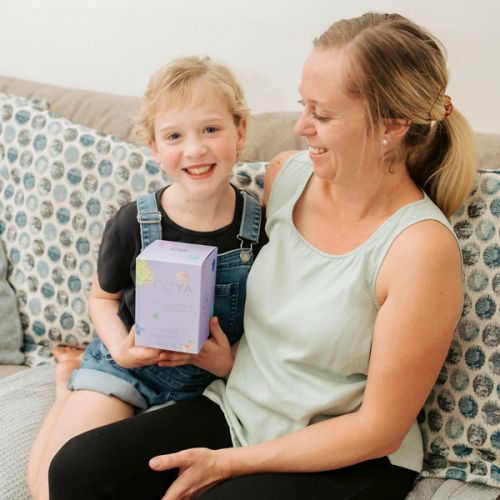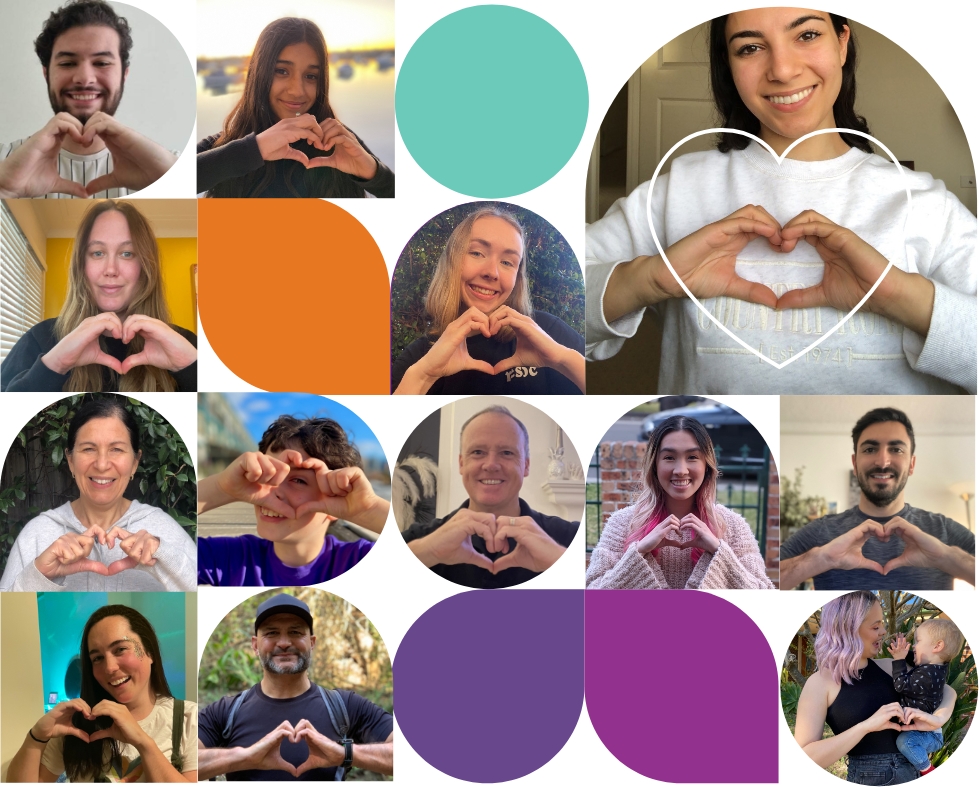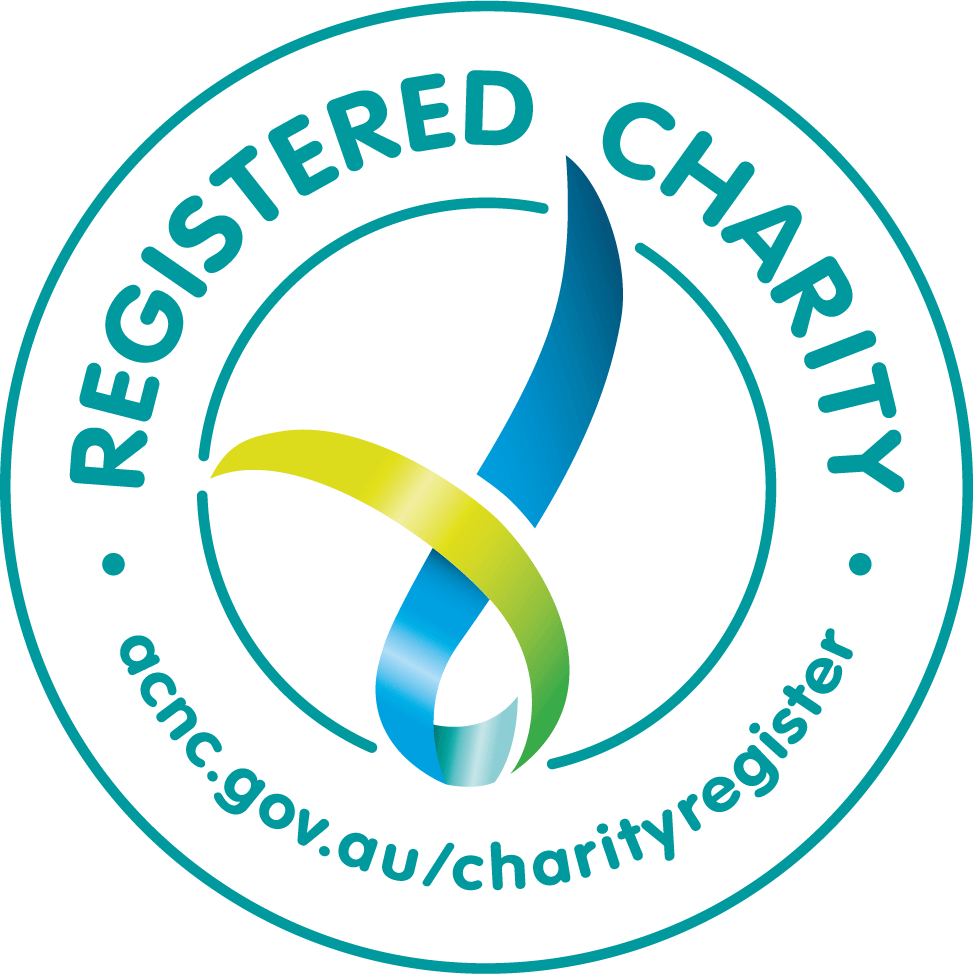Dr Torey Lawrence, Head of the Burns Unit at The Children’s Hospital at Westmead shares simple yet effective prevention and treatment advice for families.
It can take as little as a second for a child to suffer a serious burn, especially since children’s skin burns faster, deeper, and at lower temperatures than adults.
During the cooler months, many of us use heaters or hot drinks, baths, or meals to warm ourselves up. This can put children at increased risk of being burnt, which can cause serious injury and lifelong scarring if not treated correctly.
Dr Lawrence says burns can happen in an instant – with most occurring when a child is copying adult behaviour.
“A burn injury is quick and often devastating, unfortunately we see children of all ages rushed to emergency after spilling hot food on themselves or touching kitchen appliances or heaters,” says Dr Lawrence.

Preventing burns
In addition to closely supervising children, there are several simple measures you can take to reduce children’s risk of burns.
- Keep hot items out of children’s reach
- Ensure they are seated at a table to eat their hot food, rather than eating it on their lap
- Place heat resistant guards around heaters
11-month-old Solomon suffered severe burns to his hands after he placed them inside the family’s hot oven.
“I’m grateful I was able to stay calm enough to run his hands under cool running water, which doctors tell me helped with his recovery and reduced the severity of the burn,” says mum, Tianda.
Dr Lawrence says applying the correct first aid as soon as possible, like Tianda did, is vital.
Treating a burn
If your child has been burned:
- Use cool running water on the burn for 20 minutes.*
Remove clothing and jewellery, if possible.
*Running cold water on the burn for 20 minutes at any time within three hours can reduce the thickness of the burn as well as the time a burn will take to heal.
- Call 000 or seek medical help if you are unsure.
- Never use ice, cream, gel, toothpaste, or butter on a burn, as they can make it worse.
For more information on burns prevention, visit the Kids Health website at http://kidshealth.schn.health.nsw.gov.au/burns-and-scalds











